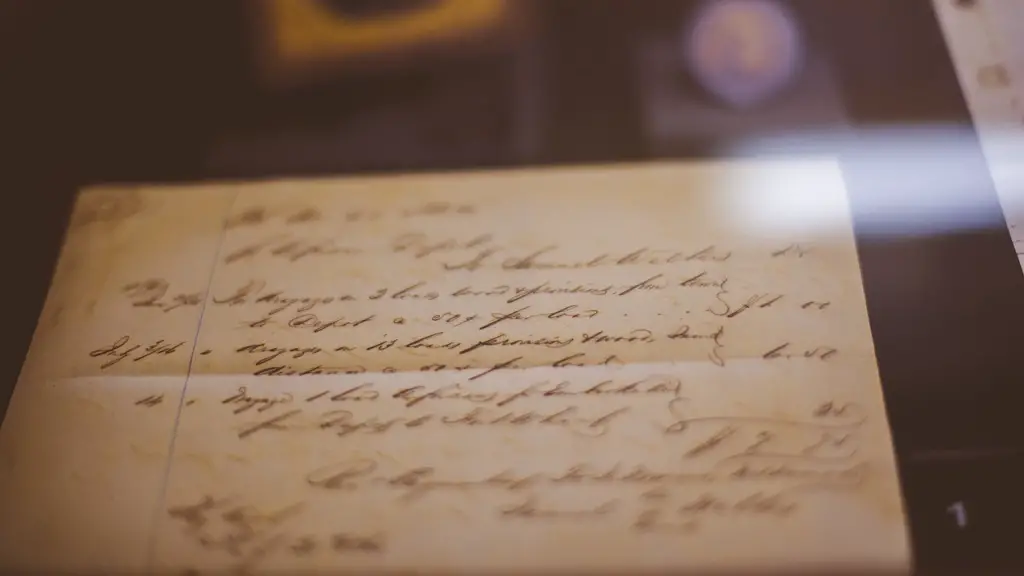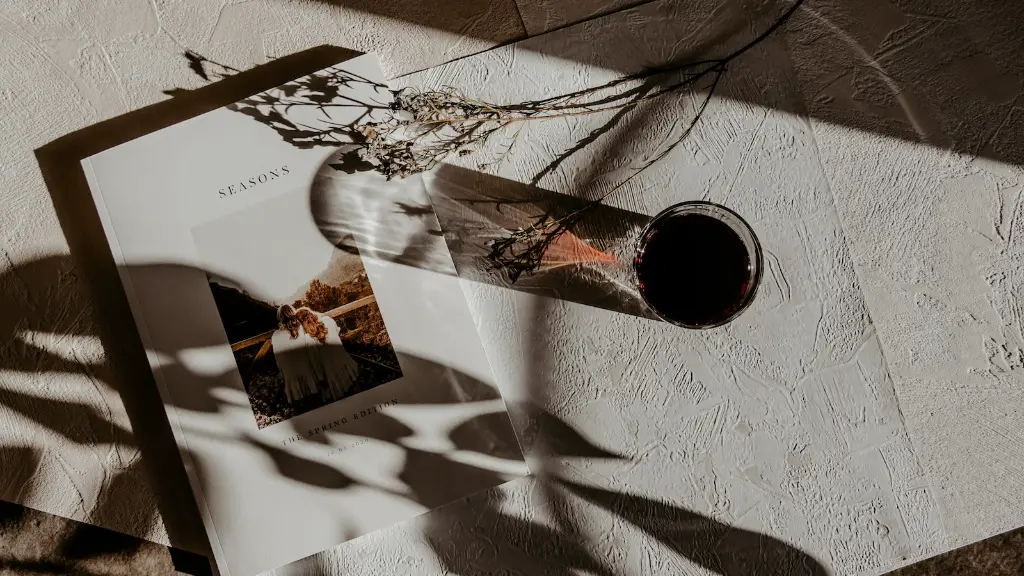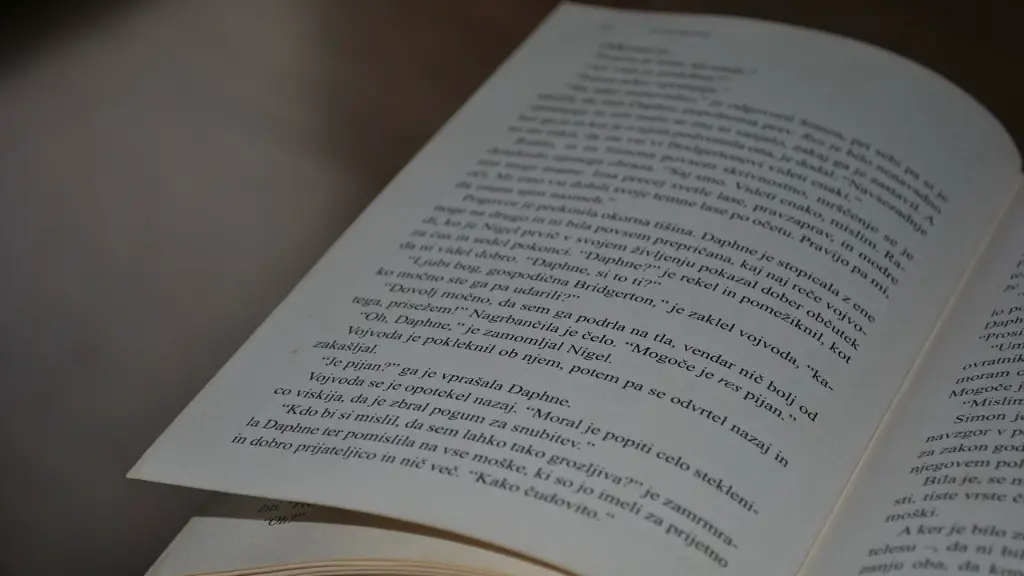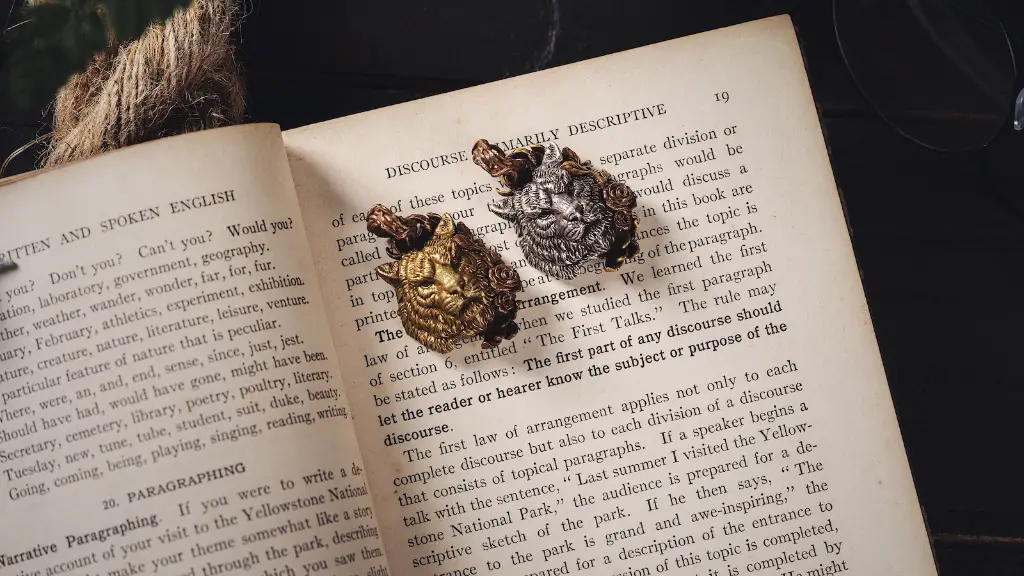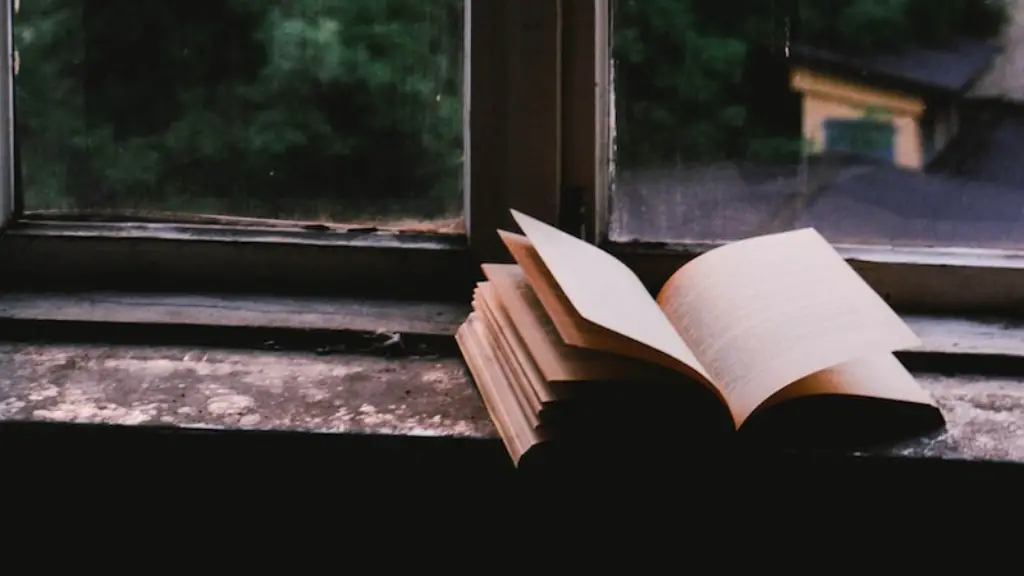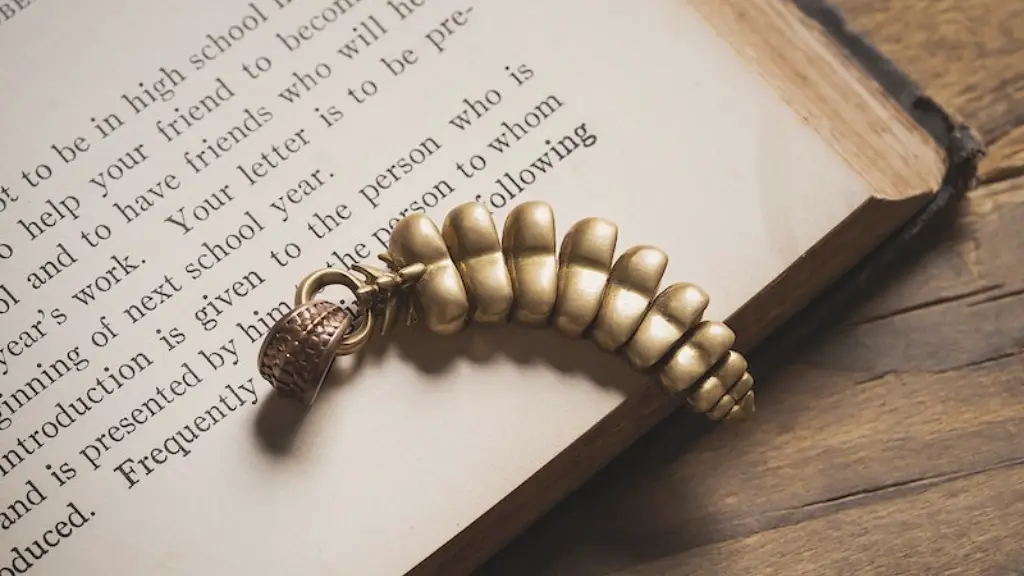Lyric Poetry
Lyric poetry is a form of poetry which expresses personal emotions or thoughts. It is the most common form of poetic expression, quite often found in the most ancient of cultures. The term “lyric” is derived from the Greek words “lyre” and “rhyme” and is used to describe lyrical forms of poetry that emphasize musical form and emotional expression.
Lyric poetry is rooted in the musical and poetic scriptures of ancient times: from Homer’s Iliad and Odyssey to the Rig Veda. Lyric poetry was also at the heart of the Athenian tragedy. Today, it is found in numerous forms in the Western world, from rap and hip-hop to the work of artists like Bob Dylan and Leonard Cohen.
One of the qualities that makes lyric poetry stand out is its emphasis on emotion and sensibility. Lyric poetry strives to capture the essence of human experience: its joys, sorrows, and in-betweens. Lyric poets often draw upon personal experiences, incorporating aspects of their lived reality. Unlike other forms of poetry, lyric poetry often speaks to the individual, creating an intimate connection between writer and reader.
Types of lyric poetry can be divided into two main categories: narrative and meditative. Narrative lyric poetry tells stories or experiences and often follows some kind of structure. Meditative lyric poetry is focused on emotion, contemplation and reflection. It goes beyond the surface, attempting to discover the hidden meanings in life.
The most famous type of lyric poetry is the sonnet. A sonnet is a 14 line poem, usually in the form of an address or soliloquy. Sonnets often have a complex rhyme scheme and they often draw upon a variety of traditional poetic forms.
Blank verse is a type of non-rhyming versified lyric poetry in which the writer employs a consistent meter. It is commonly used by authors looking to recreate the effect of natural speech, like in William Shakespeare’s well-known tragedy, Macbeth. Other forms of versified lyric poetry include the ode, the ballad, and the epic.
Lyric poetry does not have to be written in verse form: free verse is a common form of lyric poetry where the poem does not have a set meter or rhyme. Free verse allows poets to freely express their thoughts, feelings and ideas with a degree of flexibility and freedom.
Modern Lyric Poetry
Modern lyric poetry has evolved in recent years, drawing from a variety of genres including pop, rap, and rock. Musicians like Taylor Swift and Kanye West have embraced the lyric form in their work, and their songs have achieved immense success and celebrity.
The nature of the lyric form lends itself to collaboration and experimentation. Many lyric poets strive to push boundaries and explore new ways of expressing themselves, integrating music, visuals, and other forms of arts.
Lyrical poetry has also been growing in popularity, especially among young people. Aspiring lyric poets often find solace in writing and can use the lyric form to pour out their innermost thoughts and feelings.
The internet has made it possible for poets to share their work with the world. Platforms like YouTube, Soundcloud, and Instagram provide poets with a space to showcase their art and connect with like-minded individuals.
The Benefits of Lyric Poetry
Lyric poetry can be beneficial for writers in many ways. It can be used to express and explore emotions and reflect on personal experiences. Writing can also be a form of therapy, helping people to process difficult feelings and experiences.
Writing also helps to build confidence and enhances self-expression. Aspiring lyric poets can build a strong sense of identity through the creation of their own works. Through lyrical poetry, writers can experiment and express their own unique voice.
Furthermore, lyric poetry can be a powerful tool to communicate ideas and perspectives. Lyrics allow writers to expound upon their own take on the world, which can be extremely stimulating and thought-provoking.
Finally, lyric poetry is an important form of artistic expression. Through the lyric form, poets can create something beautiful and meaningful that speaks to the heart. Lyricism can inspire, educate and ignite positive change.
How to Start Writing Lyric Poetry
Getting started with lyric poetry can be daunting; however, there is no one-size-fits-all approach to writing. The first step is to start writing whatever comes to mind, and from there, it’s about refining and polishing- refining the words, the structure and the meter.
It can also be helpful to read the works of other lyric poets to draw inspiration. Poets like Maya Angelou, Langston Hughes, and Walt Whitman have produced some real classics; reading them can help aspiring lyric poets to develop a deeper understanding of the form.
Starting a blog or a YouTube channel can be helpful to share your work with the world, while joining poetry clubs or groups can help to build confidence and connect with other writers.
Finally, it’s important to remember that lyric poetry is not a race but an ongoing journey. Writing takes time and practice, and persistence is key to becoming a better lyric poet.
The Power of the Lyric
Lyric poetry is experiencing a resurgence in popularity in recent years, and there’s no denying the power of the lyric form: from the epic poetry that tells the stories of entire civilizations to the personal reflection of the sonnet, lyric poetry offers writers a platform to explore and express their true selves.
The lyric form is an incredibly powerful tool to communicate ideas and perspectives, and it can be used to create something beautiful, meaningful and uplifting. For aspiring lyric poets, it’s a journey that is well worth embarking on.
